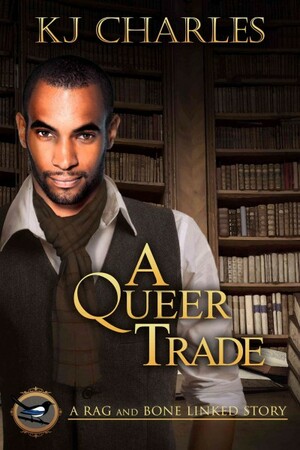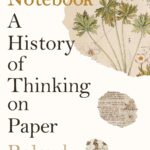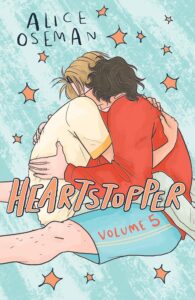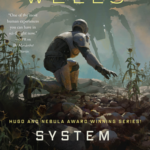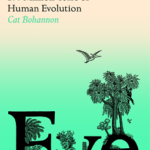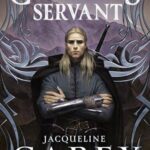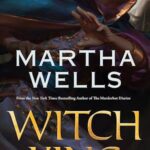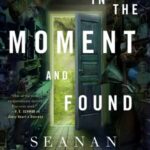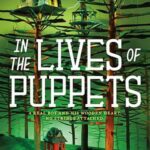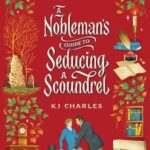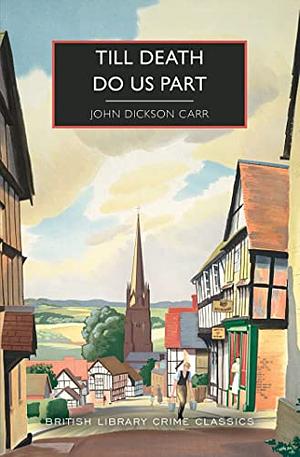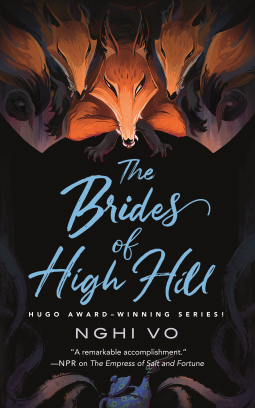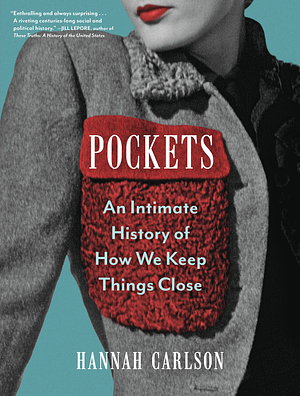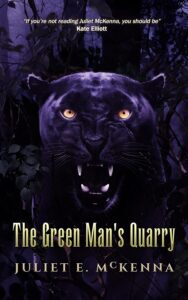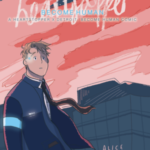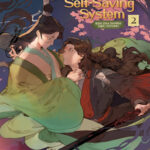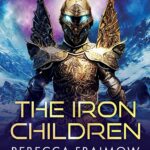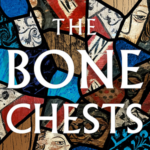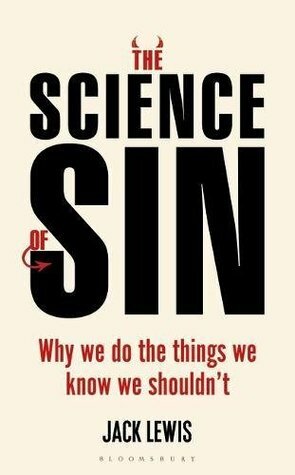
The History of Wales in Twelve Poems
by M. Wynn Thomas, Ruth Jên Evans
Genres: Poetry, Non-fictionPages: 127
Rating:

Synopsis:Down the centuries, poets have provided Wales with a window onto its own distinctive world. This book gives a sense of the view seen through that special window in twelve illustrated poems, each bringing very different periods and aspects of the Welsh past into focus. Together, they give the flavour of a poetic tradition, both ancient and modern, in the Welsh language and in English, that is internationally renowned for its distinction and continuing vibrancy.
M. Wynn Thomas’ history of Wales in twelve poems taps into one of my favourite genres: giving a history of a time or place through objects or similar, using them as a window to look around at their context and what produced them, how they fit into it. It’s a pretty brief volume, presenting each poem alongside its translation (where necessary, since they’re not all in Welsh), and adding in the art of Ruth Jên Evans for illustration.
The art is all black and white, with thick lines — it’s pretty striking. The choice of poems is something I’d find difficult to comment on, but Thomas’ notes on each use them exactly as I’d hope, giving something of their context and trying to unlock what they say about Wales (sometimes intentionally, sometimes as a side-effect of the poet’s main intent).
I enjoyed it, though I wouldn’t view it as a full history or as having a very strong sense of continuity from poem to poem — it’s more like twelve poems were chosen as little windows to illuminate a topic of interest, rather than them showing a consistent line of developing a theme (though they are given in chronological order).
Rating: 4/5

